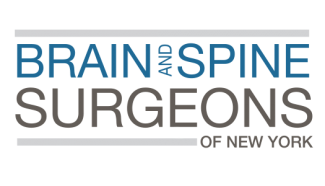
Persistent Idiopathic Facial Pain
If you have intense, constant facial pain that has been misdiagnosed and you’re still looking for answers, you may want to understand more about Persistent Idiopathic Facial Pain (PIFP). This condition is similar to more commonly known conditions such as Trigeminal Neuralgia or Trigeminal Neuropathic Pain, and the subtle differences in symptoms can cause Persistent Idiopathic Facial Pain to be overlooked as a potential source of your pain.
While the causes of the condition can vary, patients also suffering from fibromyalgia, chronic fatigue syndrome, or myofascial pain syndrome may have a higher incidence of PIFP.
How PIFP Differs From Trigeminal Neuropathic Pain and Trigeminal Neuralgia:
It’s important to understand the distinction between Persistent Idiopathic Facial Pain, Trigeminal Neuropathic Pain, and Trigeminal Neuralgia as sometimes these conditions can be confused, leading to misdiagnosis.
In Trigeminal Neuropathic Pain patients often
- Have had previous trauma or infections affecting the trigeminal nerve or its branches
- Have pain resulting from surgery in the area
- Have identifiable sensory loss or have been diagnosed with Anesthesia Dolorosa and experience a complete loss of sensation related to the trigeminal nerve
In Trigeminal Neuralgia patients experience
- Episodic pain in the cheek, jaw, teeth, gums, tongue, or lips.
- Pain described as a shock or jolt
- Pain only last a few seconds or minutes
- Episodes tend to increase in severity and become more pronounced over time
- Pain commonly affects one side of the patient’s face at a time. However, in rare cases, pain can occur on both sides usually at different times
Symptoms
Patients with Persistent Idiopathic Facial Pain (PIFP) report symptoms such as:
- Intense facial pain
- Constant pain that can vary in intensity
- Pain described as aching, throbbing, or burning
- Patients typically do not lose sensation or experience numbness
Treatment
Pain medications are largely ineffective in the treatment of PIPF. We can help you manage or relieve your pain through the use of innovative and advanced treatments such as:
- Neuromodulation of the Peripheral Trigeminal Branch
- Neuromodulation of the Motor Cortex
- Deep Brain Stimulation










